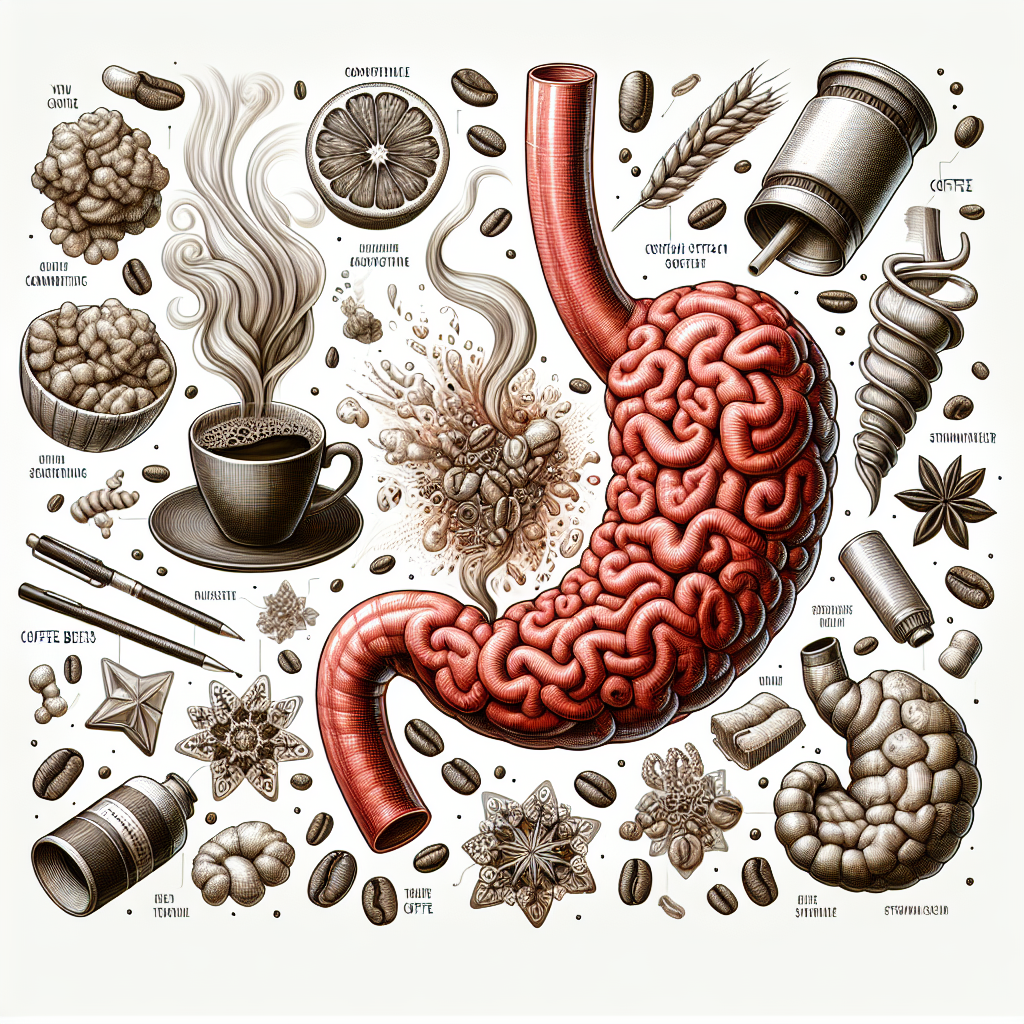Introduction
Imagine starting your day with a steaming cup of coffee, the aroma wrapping around you like a comforting blanket. For many, this simple ritual is a beloved part of daily life. But beyond its role as a wake-up call, have you ever wondered why caffeine is actually good for you? Join us on a journey through the world of caffeine, where science meets everyday experience, revealing the surprising benefits that lie within each sip.
- The Science Behind Caffeine
- Boosting Brain Function
- Enhancing Physical Performance
- Caffeine and Mental Health
- Moderation is Key
- Key Takeaways
- FAQs about Caffeine
- Conclusion
The Science Behind Caffeine
Caffeine, a natural stimulant found in coffee, tea, and various other plants, has been cherished by cultures around the globe for centuries. Think of it as nature’s own little power-up button. Scientifically, caffeine works by blocking the effects of adenosine, a neurotransmitter that makes you feel tired. Simultaneously, it stimulates the release of dopamine and norepinephrine, helping to keep you alert and focused.
Boosting Brain Function
Have you ever noticed how your mind seems sharper after a cup of coffee? It’s not just in your head—well, it actually is! Caffeine has been shown to improve various aspects of brain function, including memory, mood, vigilance, and reaction times. According to a study published by the National Institutes of Health, moderate caffeine consumption can lead to significant improvements in cognitive performance.
Enhancing Physical Performance
Picture yourself gearing up for a workout. Did you know that caffeine can be your secret weapon? Studies have demonstrated that caffeine increases adrenaline levels in your blood, preparing your body for intense physical exertion. Additionally, it helps break down body fat, releasing it into the bloodstream as free fatty acids available for fuel. This dual action makes caffeine a potent ally in enhancing physical endurance and performance.
Caffeine and Mental Health
In the intricate tapestry of our mental well-being, caffeine plays a surprisingly supportive role. Moderate consumption has been linked to a lower risk of depression and even suicide. The mood-enhancing effects are primarily due to its ability to boost the production of certain neurotransmitters like serotonin and dopamine, often referred to as the “feel-good” chemicals.
Moderation is Key
While caffeine offers numerous benefits, it’s essential to remember that moderation is key. Excessive intake can lead to jitteriness, anxiety, and sleep disturbances. Health experts generally recommend limiting caffeine consumption to about 400 milligrams per day—roughly the equivalent of four 8-ounce cups of brewed coffee.
Key Takeaways
- Caffeine blocks adenosine and stimulates dopamine and norepinephrine.
- Improves brain functions such as memory, mood, and reaction times.
- Enhances physical performance by increasing adrenaline and breaking down body fat.
- Linked to lower risks of depression due to its mood-boosting properties.
- Moderation is crucial to avoid negative side effects.
FAQs about Caffeine
Is caffeine addictive?
Caffeine can lead to mild physical dependence but doesn’t cause the severe addiction associated with drugs like nicotine or opioids.
How long does caffeine stay in your system?
The half-life of caffeine is about 5-6 hours, meaning it takes this long for the amount of caffeine in your body to reduce by half.
Can I drink coffee every day?
Yes, most people can enjoy coffee daily without any adverse effects if they stay within the recommended limits.
Conclusion
In conclusion, while caffeine is often celebrated for its ability to jumpstart our mornings, its benefits extend far beyond just waking us up. From boosting brain function and enhancing physical performance to supporting mental health, caffeine proves to be an invaluable ally in our daily lives. Just remember, like all good things, moderation is key. So go ahead, savor that next cup of coffee with newfound appreciation and knowledge.
For more insight on setting up Laravel on a local server, feel free to delve into our helpful guide for installing laravel on a local server and moving forward with developing on it.
What are the worst foods for kidney function?
How many cups of coffee a day?








